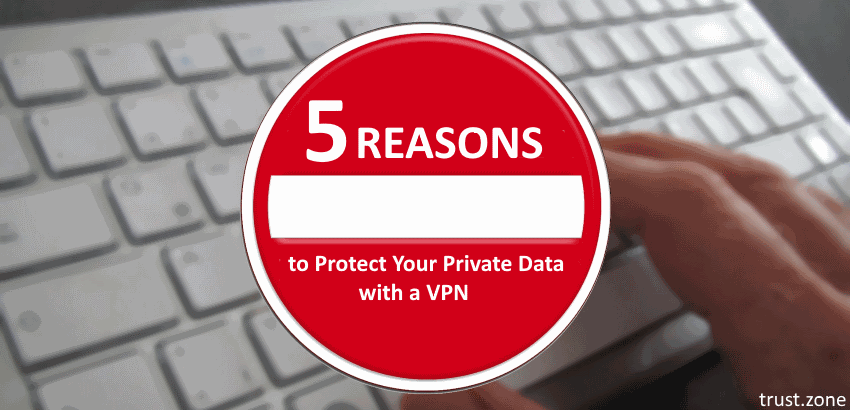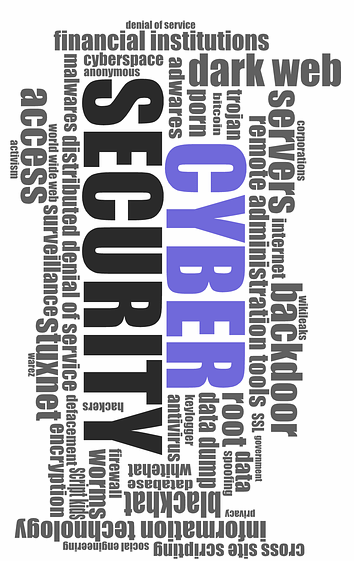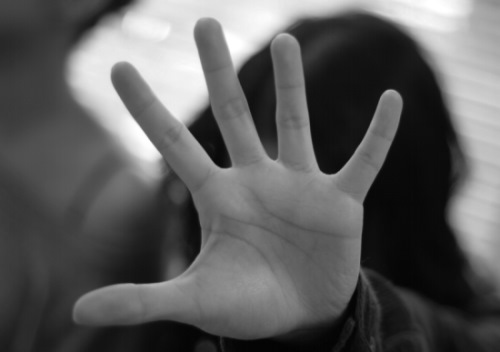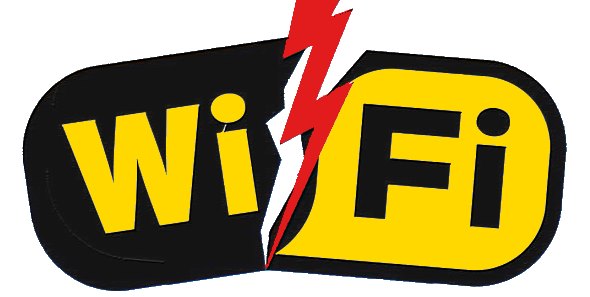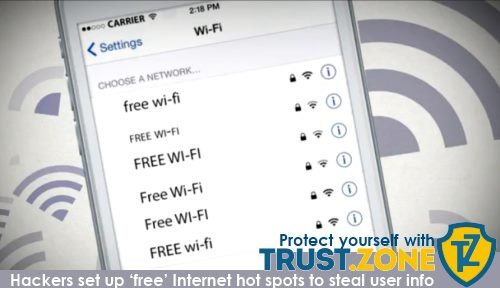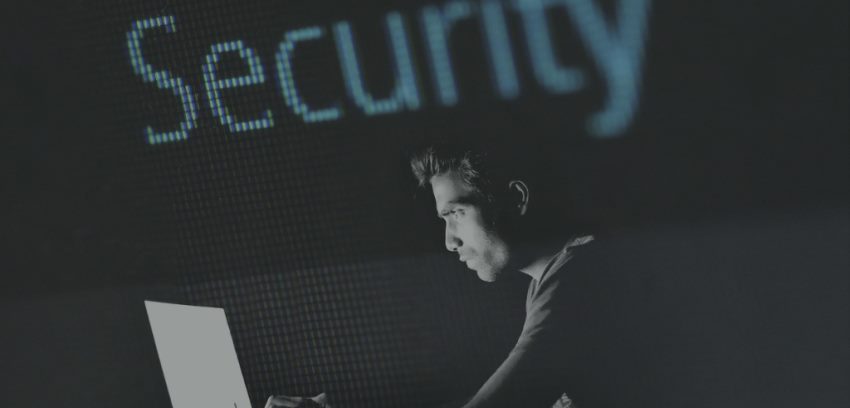<< All posts1 October 2025
With technology – smartphones, tablets, laptops, etc. – being used more and more worldwide, it’s no wonder there are many more public and guest Wi-Fi hotspots than in previous years.
But, with more convenient Wi-Fi hotspots there are possible security risks, where personal information can be stolen and exposed without you knowing it. Without adequate protection, you’ll risk exposing your online identity and money to online hacks.
With that said, here are 8 effective ways to stay safe, should you plan to use public Wi-Fi. read more...
11 April 2025
Data breach is a term that everyone using the internet knows these days. And some people are very casual about it. Well, basically the problem is, you do not know the depths of the water until you start drowning.
So, before it is too late start learning to swim. What we are trying to tell you here is that sharing your data with Facebook, Google is another thing but allowing security threats and making your computer or gadgets prone to hackers is another thing.
So here are some internet security facts that everyone should know while they are accessing the internet. read more...
28 September 2020
Getting a VPN can help you reduce risks connected to your privacy. As your device connects you to a VPN server located in any country of the world, you get to surf the Internet with that server's location, not your real one. As a result, your internet connection becomes more secure. So, what are the main reasons you should protect your private data with a VPN? read more...
29 July 2020
Freelancers already know how remote work works. They learned how their circadian rhythm works, and they function in perfect synergy with it.
But what happens with all those office workers, who are forced to work from home in these challenging times?
If you’re a business owner who turned to remote work at this time, you should provide support to your employees. It’s not just about remote work productivity. It’s mostly about security. Your employees will be accessing important business files from home. If any of that data gets compromised, your business will be in trouble. read more...
21 August 2019
Are there things I can do to protect myself from these hackers?
Here are 8 ways you can protect yourself from hackers: use a VPN service, regularly update your operating system, avoid using public Wi-Fi, have strong and unique passwords for all your accounts and many more read more...
26 June 2018
Bad news for all fans of free Internet – WPA2 security protocol used by your Wi-Fi router and connected devices could be easily hacked. WPA2 security protocol is used by 90% of all Wi-Fi devices worldwide.
That’s very serious security flaw. It means that hackers can connect to your Wi-Fi router or Wi-Fi device - obtain your Wi-Fi password, spy on you, steal your credit card details data and other sensitive information.
read more...19 March 2018
Security experts warn that many free Wi-Fi hotspots might actually be run by hackers to https://trust.zone/post/8-best-ways-to-protect-yourself-from-hackerssteal your personal information, passwords, credit card details and browser history. Those dangerous free Wi-Fi hotspots are usually placed near world’s top tourist destinations. Expert recommends avoiding Wi-Fi hotspots with term FREE within the hotspot’s name. Besides, it's highly recommended using a VPN to encrypt your connection and stay safe while using free Wi-Fi hotsports. read more...
9 February 2017
Public Wi-Fi networks: hotels, coffee shops, restaurants, airport and etc. —are not as safe as you think. Even if they have a password, you are sharing a network with tens of other people. It means your data is at risk. It’s very easy for someone who wants to steal your data to set up a network called "Free Wi-Fi" to make you think it’s a legitimate source. read more...



